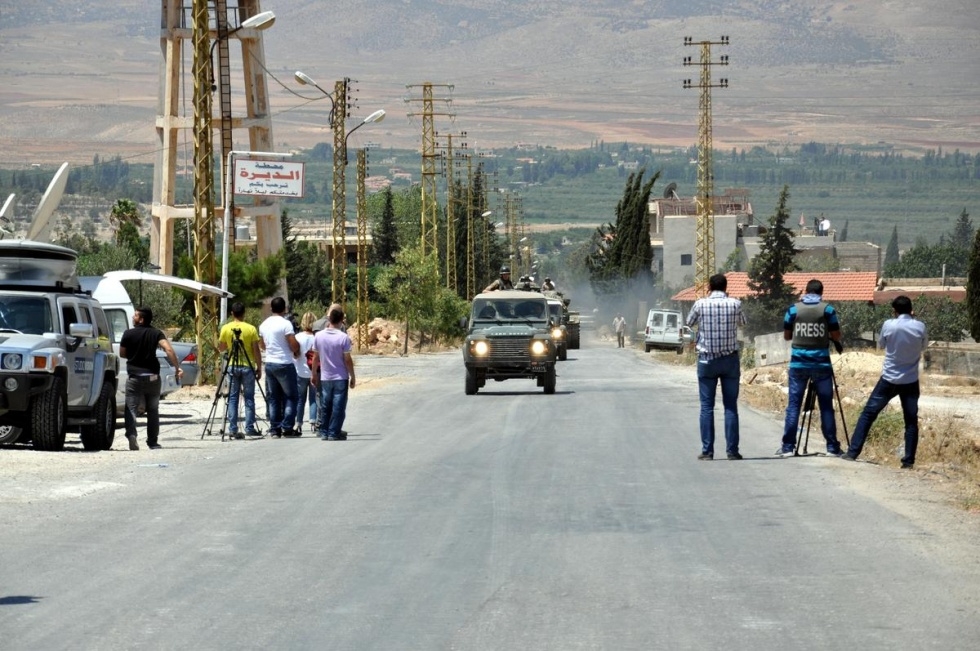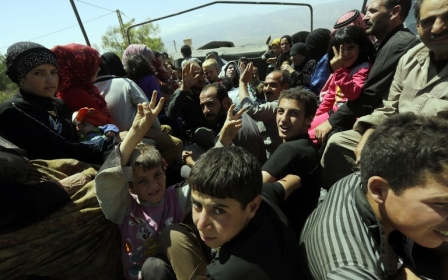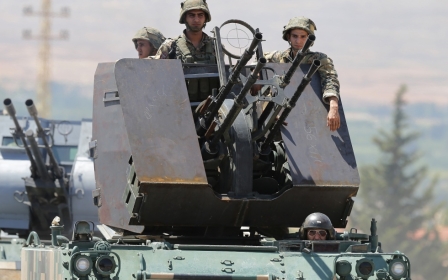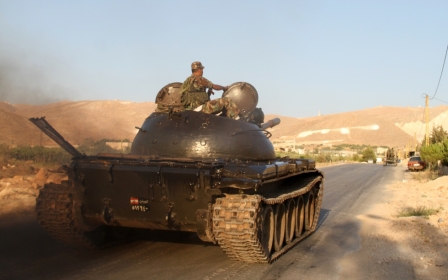Saudi gives $1bn as Lebanon seeks arms to battle militants

Saudi Arabia has given Lebanon's military $1 billion to help its fight against militants on the Syrian border, as the army's chief urged France to speed up promised weapons supplies.
King Abdullah "has informed me of his generous decision to provide the Lebanese army... with $1 billion to strengthen its capabilities to preserve Lebanon's security," former Lebanese premier Saad Hariri told reporters in Jeddah on Wednesday.
Speaking from King Abdullah's palace in the Saudi Red Sea city, Harriri - the Lebanese Sunni community's most prominent political representative - added that "we have received this aid".
"This aid is very important especially at this time when Lebanon is fighting terrorism," said Hariri at the overnight conference.
Sunni-dominated regional heavyweight Saudi Arabia is already financing a $3 billion package of French military equipment and arms for Lebanon's army.
France said it would respond "quickly" to Lebanon's request to expedite weaponry.
On Tuesday night, large numbers of militants have reportedly withdrawn from the embattled town of Arsal with the Lebanese armed forces claiming that many have returned to Syria.
“About 50 percent of the gunmen have pulled out,” according to Bakr Hujeiri, a local representative of the Future Movement party.
However, battles are ongoing. Renewed clashes have broken out between Lebanese security forces and militants, with the state news agency reporting that the army repelled an attack on a post in the east of Arsal.
The Lebanese army also raided a camp housing Syrian refugees in the Bekaa Valley town of Joub Janine, around 100 kilometres south-west of Aarsal on Wednesday morning, according to a statement posted on the Lebanese Armed Forces Twitter feed.
These reports come a day after the breakdown of a ceasefire in Arsal which aimed to end the clashes between Lebanese security forces and unnamed militants, claimed by presenters on the privately-owned Lebanese Broadcasting Corporation (LBC) to be affiliated to the Islamic State, the group that has taken hold in various corners Iraq in recent months.
A planned 24-hour truce, due to start on Tuesday evening, lasted only three hours.
The army continued to shell roads used by militants to enter Arsal, reports Lebanese news site The Daily Star, and militants targeted two army posts as they withdrew from the village at around 22:00 local time (19:00 GMT).
Efforts are continuing on Wednesday to achieve peace in the district, which has been the site of fierce battles since Saturday.
A delegation from the Muslim Scholars Committee, which is seeking to mediate a truce, is headed towards Arsal, reports LBC.
A security source told The Daily Star that there is “a good chance” that a number of Lebanese army soldiers who remain missing will be handed over on Wednesday.
Twenty-two soldiers from the Lebanese army went missing on Saturday, feared captured by militants fighting in Arsal.
Three of the soldiers were freed on Tuesday.
Wednesday morning also saw a meeting between US ambassador to Lebanon David Hale and Lebanese foreign minister Jibran Basil.
The meeting comes on the back of Hale’s comments on the situation in Arsal, as he reiterated US support for the Lebanese army and security agencies in isolating the country from conflicts in the region.
“The US is committed to further efforts to build up the capabilities of Lebanon’s security forces to counter terrorism and address other challenges,” he said after meeting the Prime Minister Tammam Salam on Tuesday.
New MEE newsletter: Jerusalem Dispatch
Sign up to get the latest insights and analysis on Israel-Palestine, alongside Turkey Unpacked and other MEE newsletters
Middle East Eye delivers independent and unrivalled coverage and analysis of the Middle East, North Africa and beyond. To learn more about republishing this content and the associated fees, please fill out this form. More about MEE can be found here.




